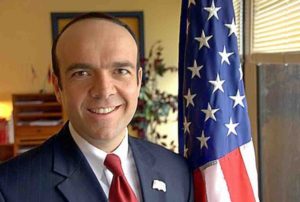Hearing Promotes Medicaid Expansion in PA
Democratic members of the state Senate Appropriations Committee held a hearing in Philadelphia to promote expansion of the state’s Medicaid (Medical Assistance) program.
Participating legislators took testimony from representatives of a number of organizations that support Medicaid expansion, which is an optional component of the Affordable Care Act.
The Safety-Net Association of Pennsylvania (SNAP) supports Medicaid expansion in the state.
Governor Corbett has not yet announced his decision on Medicaid expansion but is thought to be leaning against it. The General Assembly members who held the hearing are in the minority party in the state senate.
Read more about the hearing, the issues, and the testimony offered in this Philadelphia Inquirer article.
Philadelphia Inquirer article.







